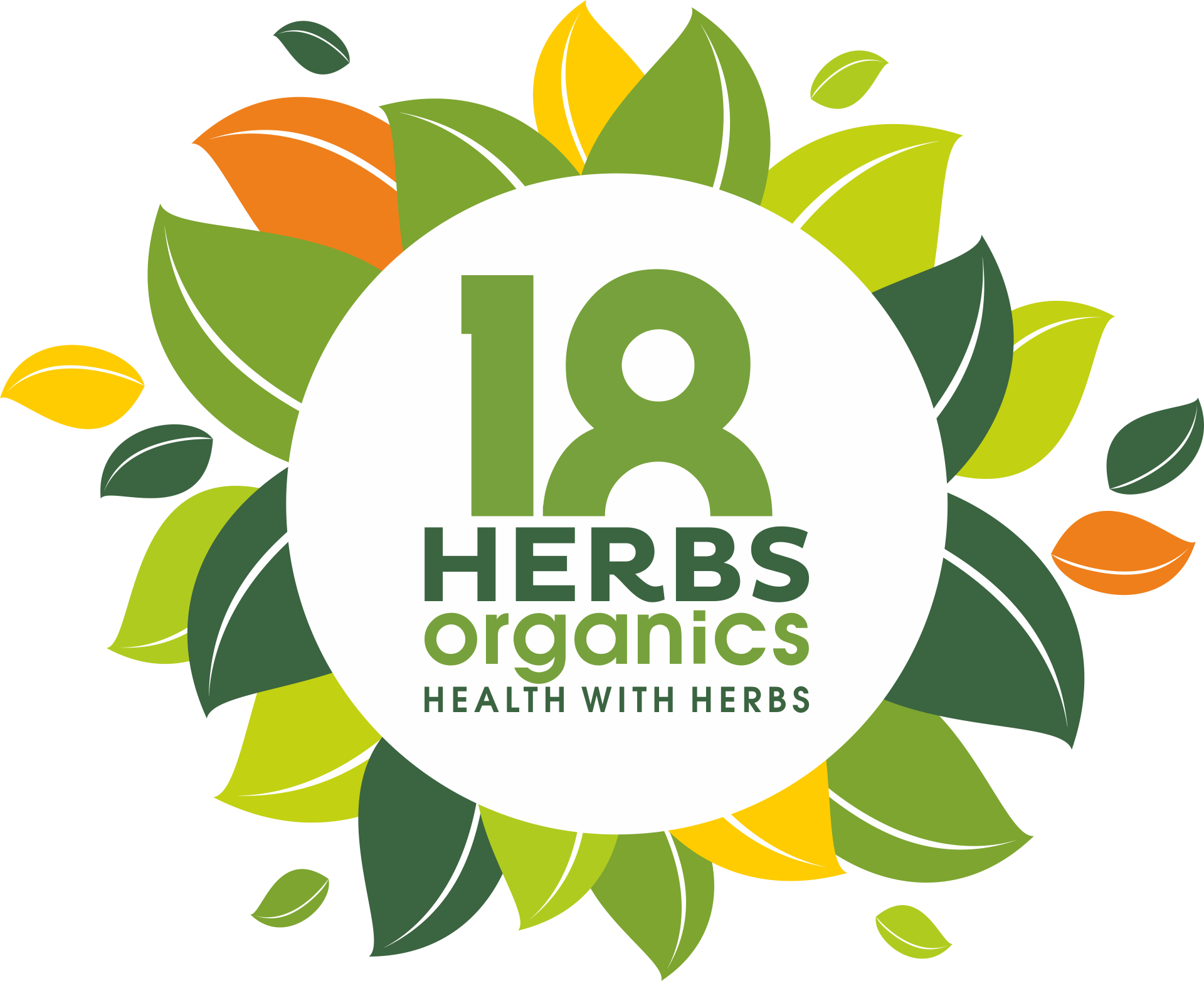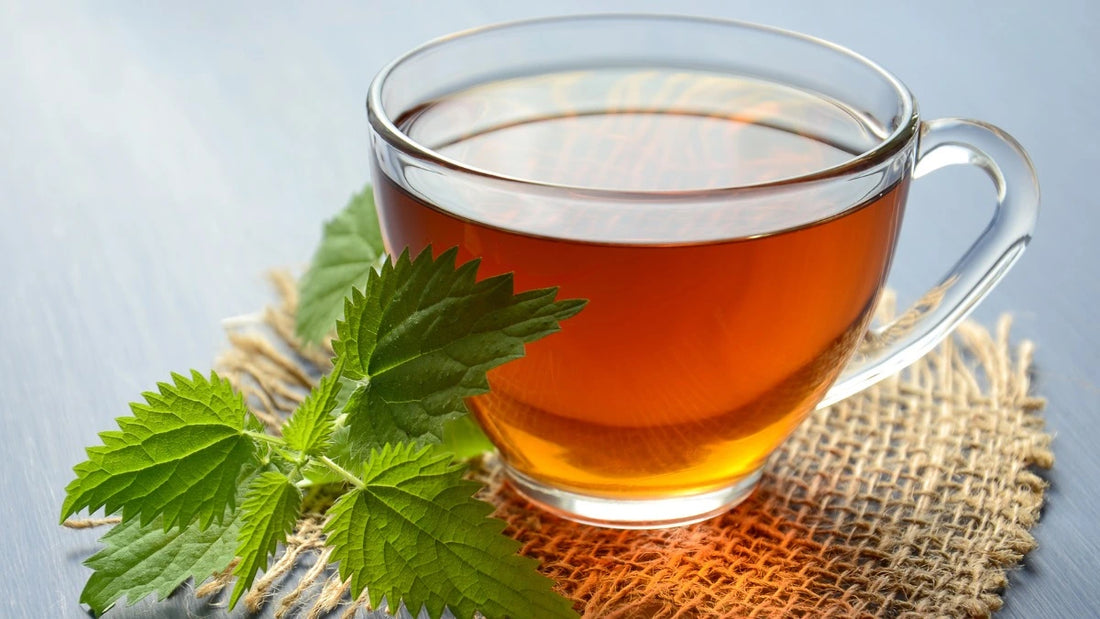You're having a tough day at your office. Finally, your work is finished and you get to leave. A sigh of relief! But it is not over yet because you have to tackle rush hour traffic next.
By the time you reach home you are so tired, all you want to do is crash on your bed and go to sleep.
While you may not be able to do much about the work or the travel, you can certainly act against the stress and tiredness. In this, herbal and green teas can help you. Herbal and green teas are universally recognized for their stress and anxiety-busting properties. They have many other health benefits as well.
How is tea processed
You may be surprised to learn, some of the drinks that pass for 'tea' are not actually tea at all. They are called 'tea' because we brew them like we brew tea. Herbal infusions fall in this category. So how is green tea different?
The degree to which tea leaves wither after picking and the duration for which they are allowed to oxidize determines the flavour and strength of tea. Green tea is prepared from slightly withered tea leaves. Later, the batch is quickly fired to stop the oxidation process.
The process brings out delicate accents and undertones which give green tea its distinct aroma and flavour. Green teas are also quite subtle and have less caffeine. Plus they are loaded with antioxidants that provide a range of health benefits. Sometimes, green tea may be infused with herbs to increase its potency. This brings us back to the so called 'herbal teas'.
Why herbal teas are not tea at all
In a fundamental way, herbal teas are not teas because they don't contain tea leaves. They are also known as Tisane and are actually made from the leaves, roots, seeds and bark of certain plants (ginger, chamomile, peppermint, hibiscus, lemon, dandelion, rosehip).
Herbal infusions don't contain caffeine but they possess a range of other therapeutic properties. It depends on the type of herbal infusion you drink. For example, Chamomile tea soothes pain and aches. Dandelion tea eases constipation and is also good for the liver. Tulsi tea de-stresses. So what types of herbs are used in herbal infusions (or added to green tea)?
Hibiscus
Hibiscus also called Gudhal or Shoe Flower is a common flowering plant. You would be surprised to learn that the hibiscus flower has a number of therapeutic benefits. For thousands of years, the hibiscus flower was used in Ayurveda to treat health conditions such as nervous disorders, loss of appetite, swelling and even heart disorders. Hibiscus infusion is also a laxative.
Mint
Mint or Pudina offers a number of health benefits. Ingesting mint improves digestion, gives relief from nausea, helps in weight loss, reduces headache, fatigue and fights depression. Mint also improves memory and recall. So you can say it is also a type of organic 'smart drug'. It is also a well-known breath and mouth freshener.
Tulsi
Tulsi, known in the west as Holy Basil is a potent antioxidant. It has proven anti-bacterial, anti-inflammatory and anti-fungal properties. Tulsi is particularly effective against respiratory disorders. This is because Tulsi contains essential oils like Eugenol, Cineole and Camphene. It is also used to treat fever, stress, heart disease, kidney stones. It is even a valuable aid to oral care.
Ashwagandha
Ashwagandha also called Indian Ginseng is well-known in Ayurveda. Ashwagandha fights stress and induces sleep and relaxation. It is a well-known aphrodisiac and regulates sexual function. You can also take Ashwagandha herbal infusion for better digestion and to increase your vitality and power.
Cinnamon
Cinnamon, called Dusit or Tvak is actually the inner bark of a tree (Cinnamomum). In ancient times, cinnamon was considered so precious, it was a gift fit for a king or even to God. Cinnamon is native to the tropics, especially South Asia. You would be surprised to learn Cinnamon is one of the richest source of antioxidants in nature even better than oregano and garlic.
Chamomile
Chamomile tea is a popular herbal tea around the world and for good reason. Chamomile tea is an excellent stress reliever. People with diabetes can really benefit from drinking Camomile tea. Chamomile tea also reduces muscle spasms, stomach ache and improves the skin. Insomniacs are recommended to drink chamomile tea because it aids sleep.
Ginger
Ginger also called Adrak, is a miracle plant. It is said in ancient Rome, you could buy an entire sheep for one pound of ginger. Ginger has been used in traditional medicines for thousands of years. Ginger tea fights stress, aids against heart disease, arthritis, cancer and many other diseases. Ginger is also a powerful antioxidant. It also possesses anti-inflammatory properties.
Dandelion
In many places Dandelion is considered a pest. Little do people know that an infusion of Dandelion leaves, roots and flowers gives many health benefits. Dandelion tea eases constipation, relieves stress and reduces the swelling and pain from arthritis. It also fights fluid retention in the body. This is because Dandelion tea is a diuretic. It promotes urination, which in turn reduces blood pressure.
Amla
Amla or Indian Gooseberry is very popular in Ayurvedic medicines. Amla is known to be rich in Vitamin C. Amla tea reduces blood pressure, improves metabolic & diuretic activity, prevents the creation of gall bladder stones, prevents ulcers and much more. Amla tea also improves immunity and purifies the blood.
Lemon
Lemon or Nimbu is an excellent source of Vitamin C. In the olden days sailors used to carry lemons to prevent scurvy. Lemon tea relieves stress and pains, alleviates indigestion, high blood pressure, constipation and many other health disorders. It also boosts immunity. Amla is a well-known antioxidant as well.
Drinking herbal tea or green teas infused with herbs is a good way to relieve stress. If you are suffering from any mental tension, you will find that drinking herbal/green teas alleviates your distress and anxiety. Herbal and green teas are also rich in antioxidants and other nutrients. So you can drink them for their other health benefits as well.

